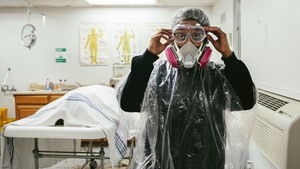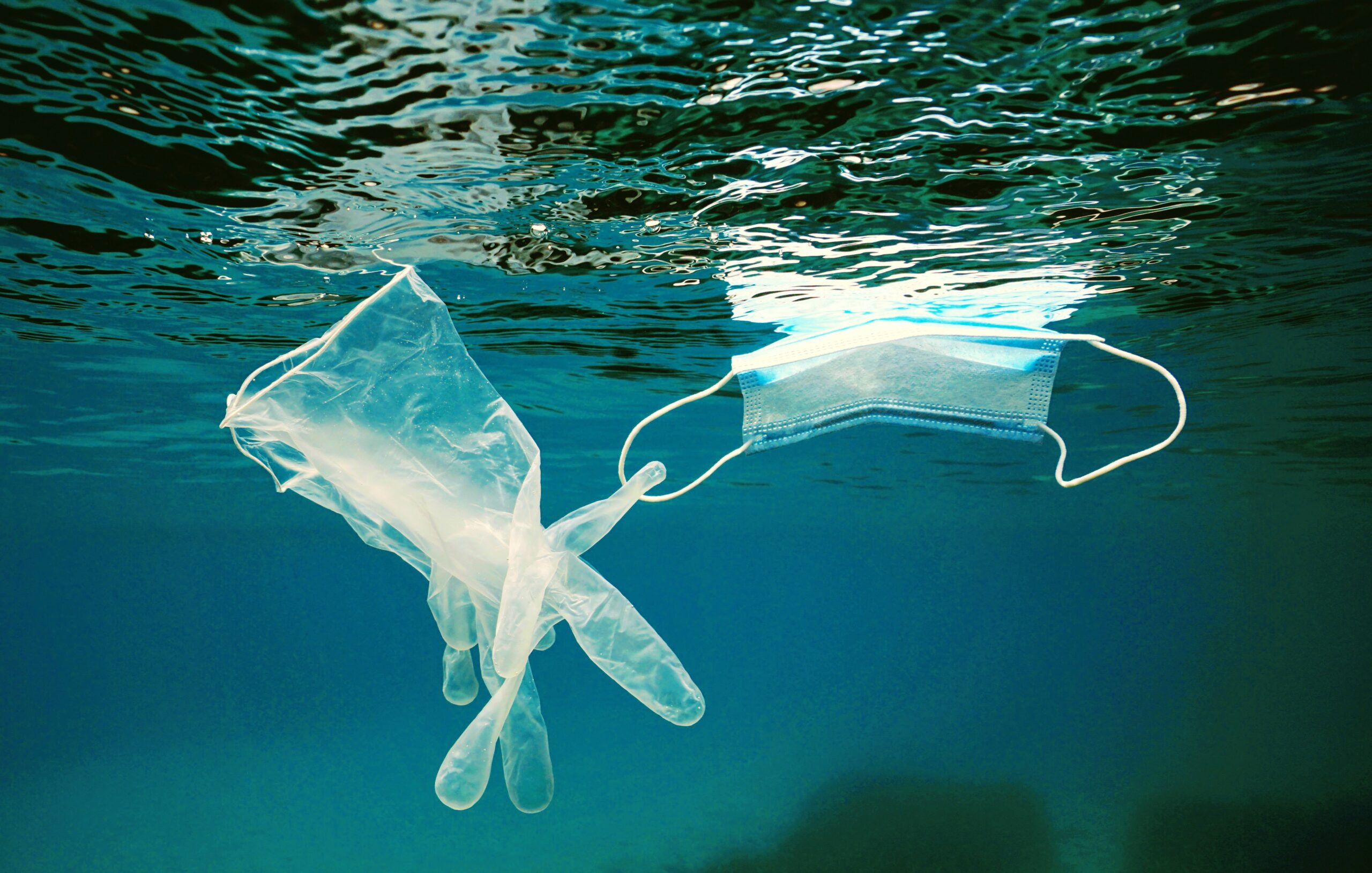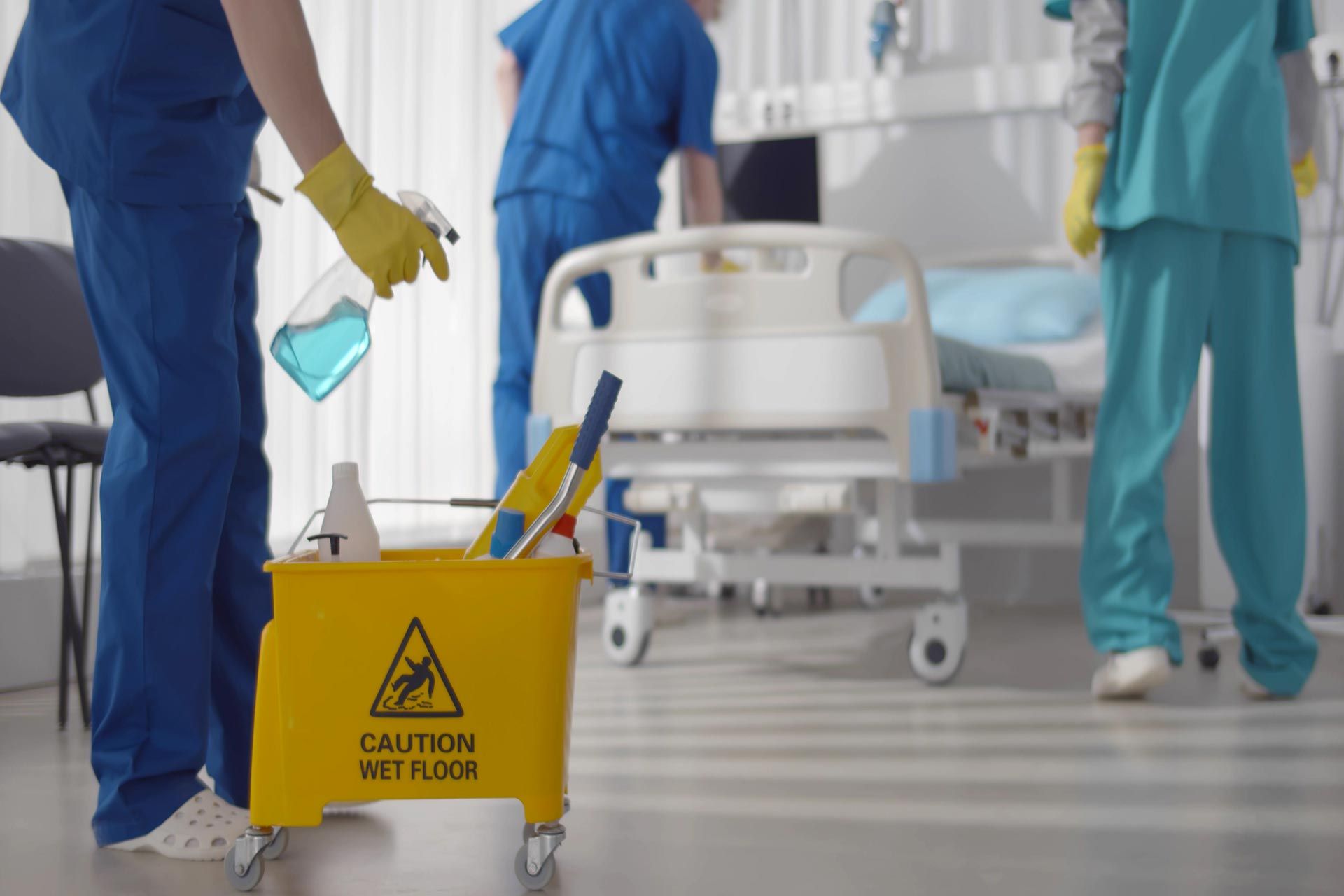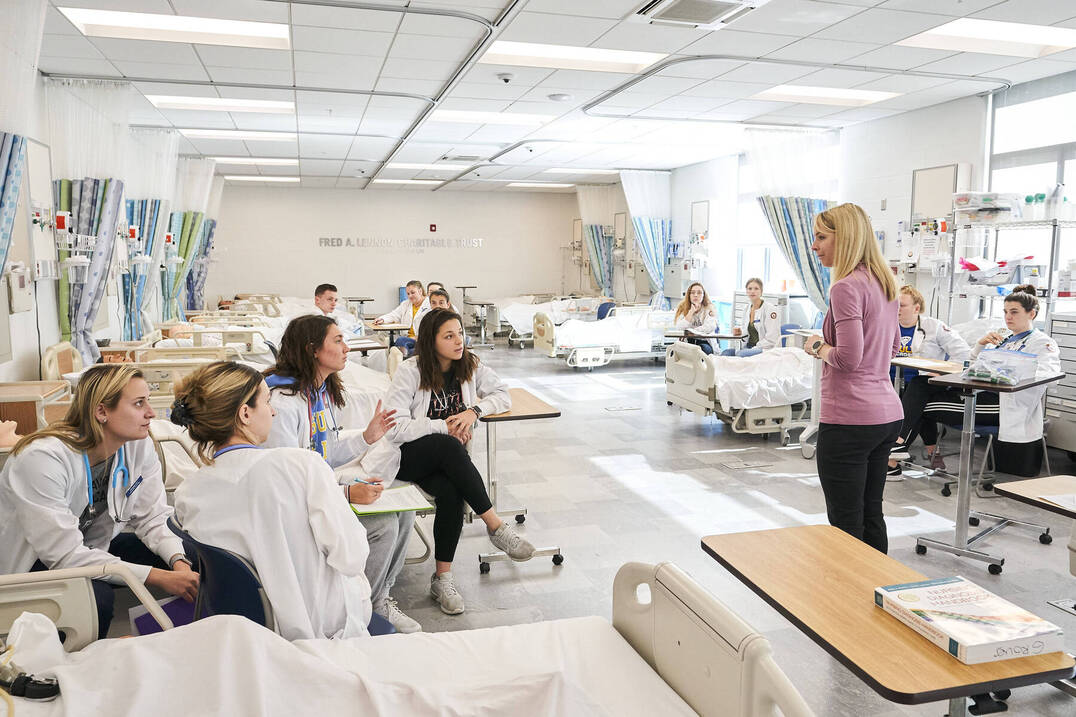Funeral homes play a vital role in honoring loved ones and providing closure for families. Yet, beneath the compassionate service they offer, these facilities face the significant responsibility of managing biohazardous waste safely and legally. In Maryland, where environmental standards and public health regulations are stringent, proper biohazard disposal is more than a procedural necessity—it’s an ethical and legal imperative.
This guide dives deep into the nuances of biohazard disposal for funeral homes in Maryland. By the end, you’ll understand why compliance matters, the types of waste funeral homes generate, and best practices for maintaining safety, sustainability, and legality.
Why Biohazard Disposal Matters for Funeral Homes in Maryland
Biohazard disposal is not merely a regulatory box to check; it directly impacts public health, environmental safety, and your business reputation. Maryland law enforces strict waste management standards under the Department of the Environment (MDE), which aims to minimize risks to communities and ecosystems.
Improper disposal can lead to:
- Severe penalties and fines for non-compliance.
- Health hazards, such as the spread of infectious diseases.
- Environmental harm, including soil and water contamination.
Improper disposal of medical waste can exacerbate environmental issues, leading to contamination of soil and water systems. According to the World Health Organization (WHO), 15% of all healthcare waste is considered hazardous, with the potential to expose individuals to infections and toxic substances.
By managing biohazard waste properly, funeral homes protect their staff, clients, and the broader community while building trust in their services.
Understanding Biohazard Waste in Funeral Homes In Maryland Contact Secure Waste
Funeral homes handle diverse types of waste that fall under the biohazard category. These materials require specialized handling and disposal processes to comply with Maryland’s regulations. Below are the primary types of biohazard waste common in funeral home operations:
1. Blood and Bodily Fluids
The preparation of human remains involves significant exposure to blood, bodily fluids, and tissue. These materials are classified as biohazardous due to their potential to carry infectious pathogens like bacteria, viruses, and prions. This category includes:
- Fluids Extracted During Embalming: Embalming involves removing bodily fluids and replacing them with embalming chemicals. These fluids are often a mixture of blood, tissue residue, and bacteria, making them highly hazardous if not handled properly.
- Materials Used to Clean and Disinfect Bodies: Sponges, wipes, or gauze used to clean the body during preparation often become saturated with biohazardous fluids. These materials require disposal in properly labeled biohazard containers to prevent accidental exposure.
Improper disposal of blood and bodily fluids can lead to:
- Contamination of soil and water systems if dumped into standard drains or landfills.
- Health risks to funeral home staff and waste handlers due to potential exposure to pathogens.
- Legal repercussions under Maryland’s waste disposal laws, which strictly regulate the handling and storage of these materials.
Proper management includes collecting fluids in leak-proof containers, storing them safely, and ensuring they are transported to certified treatment facilities.
2. Sharps
Sharps are any items with edges or points capable of puncturing skin or tissue, posing a dual risk of physical injury and infection. Common sharps in funeral homes include:
- Needles and Syringes: Used for injecting embalming fluids, suturing, or reconstructive procedures.
- Scalpels: Utilized during autopsies or for precise incisions in body preparation.
- Other Piercing Tools: Instruments like trocar needles, which are used in cavity embalming.
Improper handling or disposal of sharps can result in:
- Needle-stick injuries, which can transmit bloodborne pathogens such as hepatitis B, hepatitis C, or HIV.
- Contamination of the environment if sharps enter general waste streams.
In Maryland, sharps must be disposed of in FDA-approved, puncture-resistant containers labeled with a biohazard symbol. These containers should be sealed and stored securely before collection by a licensed medical waste disposal provider.
3. Contaminated Personal Protective Equipment (PPE)
Personal protective equipment is essential for the safety of funeral home staff. However, once contaminated, these materials become biohazardous and require careful disposal. Common PPE items include:
- Gloves and Gowns: Used extensively during body preparation to protect against contact with infectious fluids.
- Face Shields and Masks: Worn to prevent exposure to respiratory droplets or splashes from bodily fluids.
- Aprons and Boot Covers: Often used during cleaning or embalming procedures.
Contaminated PPE can harbor pathogens, posing risks to staff and waste handlers. These materials must be discarded in biohazard bags that meet Maryland’s specifications:
- Bags should be red, clearly labeled, and leak-proof.
- Bags must be stored in designated biohazard bins until they are collected for treatment.
Routine staff training in PPE disposal procedures helps minimize risks and ensures compliance with OSHA and Maryland regulations.
4. Pharmaceutical Waste
Pharmaceutical waste generated in funeral homes includes:
- Embalming Chemicals: Chemicals like formaldehyde, methanol, and phenol are used in embalming solutions to preserve and disinfect remains.
- Medications in the Deceased’s System: Residual drugs, including opioids, antibiotics, or chemotherapy agents, may remain in the body and require safe handling.
- Preservatives and Disinfectants: Used to clean preparation areas or maintain the condition of remains.
Improper disposal of pharmaceutical waste can lead to:
- Environmental contamination, particularly of water supplies, when drugs enter standard drainage systems.
- Health hazards to waste handlers or the public from accidental exposure.
In Maryland, funeral homes must adhere to pharmaceutical disposal protocols, such as:
- Segregating pharmaceutical waste from other biohazards.
- Ensuring chemicals and drugs are treated or incinerated at licensed facilities.
- Partnering with disposal providers certified to handle hazardous pharmaceuticals.
5. Pathological Waste
Pathological waste encompasses tissues, organs, or body parts removed during autopsy, surgical preparation, or embalming procedures. These materials are particularly hazardous due to their potential to:
- Contain pathogens that can cause infection.
- Decay rapidly, leading to unpleasant odors and biological hazards.
Disposal of pathological waste in Maryland requires:
- Segregation and Containment: Materials must be stored in leak-proof containers with biohazard labeling to prevent leaks or exposure.
- Incineration or Approved Treatment: Pathological waste is typically incinerated to ensure the destruction of biological contaminants. In some cases, advanced technologies like autoclaving may be used for sterilization before disposal.
Handling these materials demands stringent protocols to protect both staff and the environment from biological risks.
6. Chemical Waste
Chemical waste generated in funeral homes primarily originates from embalming fluids and cleaning agents, which often contain hazardous substances like:
- Formaldehyde: A preservative and disinfectant with carcinogenic properties.
- Ammonia and Phenol: Used for cleaning and disinfecting, these substances can be toxic in high concentrations.
- Solvents: Used for cleaning embalming equipment or preparing remains.
Improper disposal of chemical waste can result in:
- Environmental harm, including contamination of soil, groundwater, and ecosystems.
- Health risks to staff or the public from accidental exposure to fumes or residues.
Maryland’s laws prohibit the disposal of chemical waste in regular trash or drainage systems. Instead, funeral homes must:
- Store chemicals in labeled, leak-proof containers designed for hazardous waste.
- Partner with licensed hazardous waste disposal companies.
- Maintain detailed records of chemical usage and disposal for compliance audits.
By adopting eco-friendly alternatives like biodegradable embalming fluids and implementing robust disposal practices, funeral homes can reduce their environmental footprint while adhering to state and federal regulations.
Key Regulations for Funeral Home Waste Disposal in Maryland
To ensure compliance, Maryland funeral homes must adhere to both state and federal regulations regarding biohazard disposal. Here are the primary governing bodies and rules to keep in mind:
1. Maryland Department of the Environment (MDE)
The MDE outlines specific standards for the handling, storage, and transportation of medical and biohazardous waste. Funeral homes must:
- Maintain proper waste segregation.
- Use licensed biohazard waste disposal companies.
- Keep detailed waste management records.
2. Occupational Safety and Health Administration (OSHA)
OSHA standards protect funeral home staff from workplace hazards. Employers must provide training on handling biohazard waste, maintain proper disposal equipment, and implement exposure control plans.
3. Environmental Protection Agency (EPA)
The EPA oversees chemical disposal to prevent environmental contamination. Funeral homes must comply with Resource Conservation and Recovery Act (RCRA) regulations, particularly for hazardous chemicals like formaldehyde.
4. DOT Requirements
Transporting biohazard waste within or outside Maryland requires compliance with the Department of Transportation (DOT) regulations. This includes proper labeling, packaging, and documentation.
Best Practices for Proper Biohazard Disposal
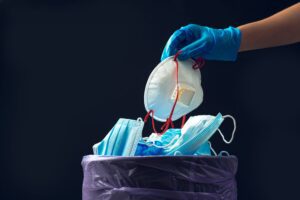
Complying with Maryland’s stringent regulations requires more than awareness—it demands action. Here are actionable best practices for funeral homes to enhance their waste management processes:
1. Implement Waste Segregation
Separate biohazardous waste into clearly defined categories:
- Use red bags for contaminated PPE, gauze, and similar materials.
- Place sharps in FDA-approved sharps containers.
- Store pathological waste in leak-proof, sealed containers.
Proper segregation reduces the risk of cross-contamination and ensures accurate disposal methods.
2. Partner with Licensed Medical Waste Disposal Services
Outsourcing waste disposal to a licensed provider ensures compliance with Maryland regulations. These companies:
- Transport waste to approved treatment facilities.
- Provide documentation, including manifests and certificates of destruction.
- Offer training and support for your staff.
3. Train Your Staff
Effective biohazard disposal starts with informed employees. Provide regular training on:
- Identifying biohazard waste.
- Proper disposal procedures.
- Emergency response protocols for spills or accidents.
In Maryland, staff training is not just a best practice—it’s a regulatory requirement.
4. Maintain Accurate Records
Funeral homes must document every step of their waste disposal process. Maintain:
- Logs of waste collection and disposal dates.
- Proof of service from disposal providers.
- Incident reports for spills or non-compliance events.
5. Invest in Proper Equipment
Equip your facility with:
- Clearly labeled biohazard bins and containers.
- Personal protective equipment (PPE) for staff.
- Spill kits for emergencies.
Keeping your facility stocked and organized minimizes risks and enhances operational efficiency.
Sustainable Practices in Biohazard Disposal
In addition to meeting regulatory requirements, funeral homes can adopt environmentally sustainable practices. Maryland funeral homes are increasingly exploring green alternatives, such as:
1. Alkaline Hydrolysis
Also known as “water cremation,” this method reduces chemical waste by using water and alkali to break down remains. It’s a safer, greener alternative to traditional embalming.
2. Recycling Sharps
Some licensed facilities in Maryland offer recycling options for sterilized sharps, reducing landfill waste.
3. Eco-Friendly Embalming Fluids
Switching to biodegradable embalming fluids minimizes environmental harm while maintaining the quality of preservation.
Penalties for Non-Compliance
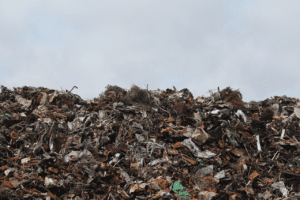
Failing to meet Maryland’s biohazard disposal standards can result in severe consequences, including:
- Fines ranging from $500 to $10,000 per violation.
- Operational shutdowns for repeat offenses.
- Legal liability in cases of harm caused by improper waste handling.
For instance, Curtis Bay Energy, a medical waste incinerator in Baltimore, was fined $1.75 million for exposing the public to biohazardous material. This demonstrates the seriousness with which the state enforces biohazard waste compliance, particularly for facilities that fail to adhere to safety standards.
To avoid such outcomes, funeral homes must address common compliance issues effectively. The table below outlines frequent violations, their causes, and preventive actions:
| Violation | Cause | Preventive Action |
| Improper labeling of biohazard waste | Lack of proper training | Train staff on Maryland’s labeling and segregation requirements |
| Disposal of embalming chemicals in drains | Misunderstanding of regulations | Use designated chemical waste containers and licensed disposal firms |
| Improper sharps disposal | Overfilled or unsecured sharps bins | Replace sharps containers regularly; ensure they are puncture-proof |
| Missing waste disposal documentation | Poor record-keeping practices | Implement a digital tracking system for disposal manifests |
Beyond financial penalties, non-compliance damages your reputation, potentially losing the trust of the families you serve.
By delegating your waste management to professionals, you can focus on what matters most: serving families with care and dignity.
Proper biohazard disposal is more than a regulatory requirement for funeral homes in Maryland—it’s a commitment to safety, sustainability, and professionalism. By implementing best practices, staying informed about regulations, and partnering with trusted disposal services, your funeral home can meet compliance standards while fostering trust and goodwill in your community.
Remember, your dedication to proper waste management reflects your broader mission: honoring lives with dignity and respect. Let Maryland’s strict regulations serve as a guide to excellence, ensuring your funeral home operates ethically, efficiently, and safely.
Frequently Asked Questions
What qualifies as biohazardous waste in a funeral home?
Biohazardous waste in funeral homes includes any material contaminated with blood, bodily fluids, or tissue, as well as sharps, contaminated PPE, pharmaceutical waste, and chemical substances like embalming fluids. These materials require specialized handling and disposal to ensure safety and compliance with Maryland regulations.
How do funeral homes in Maryland comply with biohazard disposal laws?
Maryland funeral homes must adhere to regulations set by the Maryland Department of the Environment (MDE), OSHA, and the EPA. This includes proper waste segregation, partnering with licensed disposal companies, training staff on waste handling, and maintaining detailed records of disposal activities.
What happens if biohazard waste is not disposed of properly?
Improper disposal can lead to serious consequences, including health risks from pathogen exposure, environmental contamination, heavy fines, legal liability, and damage to the funeral home’s reputation. Maryland imposes strict penalties for non-compliance with waste disposal regulations.
Can funeral homes recycle any biohazard or chemical waste?
Certain biohazardous materials, such as sterilized sharps, may be recyclable through specialized services. Additionally, eco-friendly alternatives, like biodegradable embalming fluids, can help reduce waste. However, most biohazard and chemical waste must be treated or incinerated according to Maryland’s strict guidelines.
Why is partnering with a licensed disposal provider essential for funeral homes?
Licensed disposal providers ensure that biohazardous waste is handled, transported, and treated in compliance with state and federal regulations. They also provide necessary documentation, such as manifests and destruction certificates, which are crucial for audits and maintaining legal compliance.
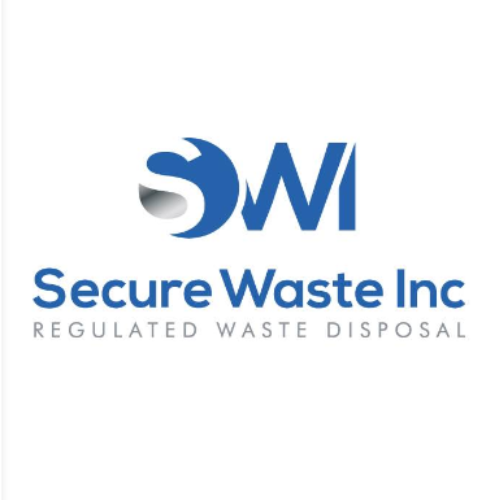
Expert Medical Waste Management: With over 25 years of industry experience, Secure Waste is a trusted local leader in hazardous and biohazardous waste disposal across Maryland, Virginia, and Washington, D.C. Specializing in medical waste management, sharps needle disposal, and biohazard waste removal, the company ensures full compliance with federal, state, and local regulations while prioritizing environmental sustainability.
The company also offers additional services, including secure document shredding and sharps container sales, providing comprehensive solutions for healthcare facilities and businesses. Our cost-effective services help clients maintain regulatory compliance without unexpected costs.
With a commitment to customer satisfaction, Secure Waste offers tailored waste management plans that align with industry best practices. Their team of experts provides reliable, timely, and compliant services, making them the preferred choice for medical waste disposal. For a free waste quote or more information, visit www.securewaste.net
